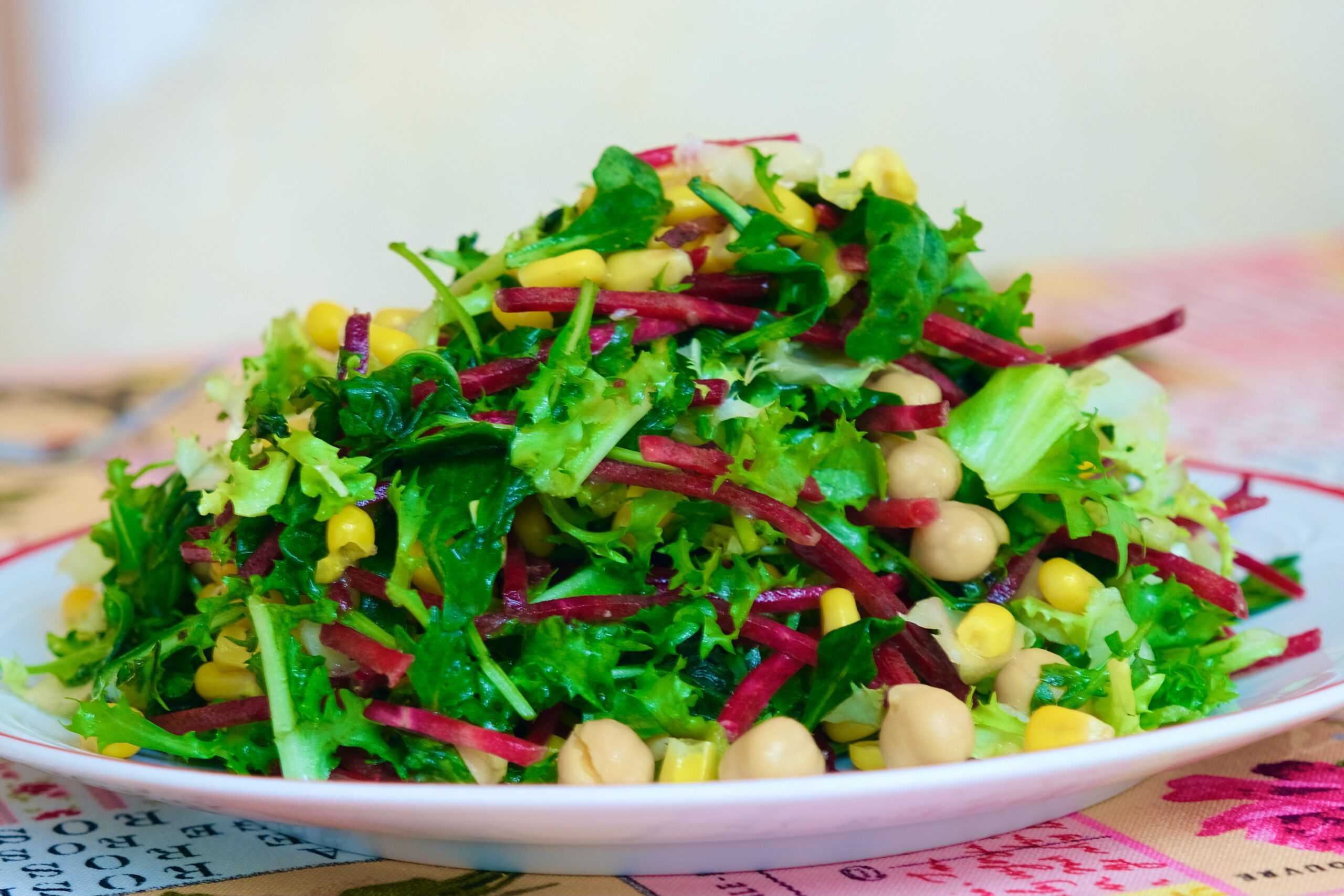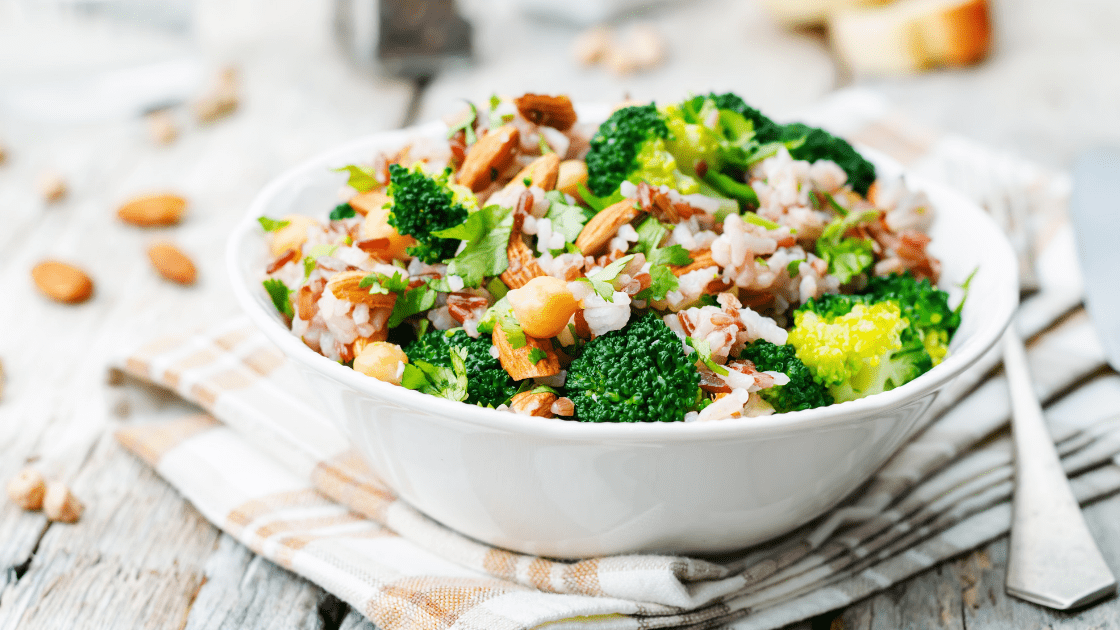When you’re feeling down, what do you do to improve your mood? Do you binge watch your favorite movies? Maybe you meditate or go for a run? Any of these can make you feel better or improve your mood temporarily.
But, what if you were able to eat a certain way every day that could reduce your risk for getting depression, or even improve a bad mood after it started? Would you want to know which foods are considered to be “mood boosting foods”? If so, keep reading.
Using Food to Protect your Mental Health
Many people experience depression at some point in their life. Depression can create a major obstacle to accomplish even the smallest of task and can contribute to chronic disease or make existing health problems worse.
When your mental health suffers, your entire body can feel the effects. Fortunately, evidence suggest dietary changes can improve your mood and quality of life and possibly prevent the need for medication intervention.
A study published in the British Journal of Psychiatry analyzed the dietary patterns and risk of depression in 3,486 participants over a five year period. Individuals eating whole foods reported fewer symptoms of depression compared to those who ate mostly processed foods.(1) In addition, when comparing a vegetarian diet verses an omnivorous diet, vegetarians reported better moods verses the meat eaters, according to a study published in Nutrition Journal. (3)
How can Food Affect your Mood?
We know that what we eat affects us physically, for example, food affects our energy levels, blood sugar, weight, etc. Your mental health may be just as affected by your diet as your physical health.
The relatively new field of “nutritional psychiatry” is finding that the foods and nutrients you eat can improve how you feel emotionally-both in the short and long term. This is because of the complex array of actions that nutrients and foods have on your overall health and wellness.
Food provides you with essential nutrients to make important mood-boosting compounds like serotonin, food feeds your gut microbes, and food can decrease or increase inflammation. Therefore, choosing nutrient dense foods are vital to optimize and protect all aspects of your health.
Food is often referred to as “fuel” for your body, but actually, what and how you eat has a profound effect on almost every aspect of your physical and mental health. To keep it simple, think of it like this, calories provide fuel to give us energy to move, think, digest, breathe, etc.
Essential vitamins and minerals from food are used to make neurotransmitters (chemical messengers for our brains and nerve cells to transmit messages to each other). Fiber and some starches that is found in plant foods feed your friendly gut microbes that have their own nervous system which communicates with the brain to make neurotransmitters.
Neurotransmitters and Mental Health
Neurotransmitters have very important roles when it comes to moods. You may have heard of serotonin that has been linked with poor moods and depression when serotonin levels are low. The brain uses the amino acid tryptophan to produce serotonin, a neurotransmitter mostly responsible for feelings of well-being and happiness.
Several medications prescribed for depression try to improve levels of serotonin. Likewise, food can be used to raise serotonin levels, but without the negative side effects that many medicines cause such as nausea, diarrhea, or even weight gain.
Recent evidence shows that 90 percent of serotonin receptors in the body are located not in the brain, but in the digestive system. Therefore, it is vital to maintain a healthy gut. Tryptophan can be found in plant-based foods such as pumpkin seeds, leafy greens. watercress, sunflower seeds, mushrooms, broccoli, soybeans, and peas.
12 Antidepressant Nutrients
In 2018, in a study published in the World Journal of Psychiatry the authors created an antidepressant food score by conducting a systematic review to derive a list of Antidepressant Nutrients. They compiled a list of twelve nutrients that are considered to have “antidepressant” roles in the body. They include:
- Folate
- Iron
- Omega-3 fatty acids (EPA and DHA)
- Magnesium
- Potassium
- Selenium
- Thiamine
- Vitamin A
- Vitamin B6
- Vitamin B12
- Vitamin C
- Zinc
Top Anti-Depressant Plant Foods
The top four plant foods with nutrients known to support mental health are leafy greens, cruciferous vegetables, lettuces and peppers.

- Leafy Greens
Leafy greens are super nutritious and are especially high in folate, vitamin C, Vitamin B1, potassium, iron, magnesium, beta carotene, and various bioactive compounds. Examples of leafy greens to include in your diet include:
- spinach
- beet greens
- watercress
- mustard greens
- turnip greens

2. Peppers
All varieties are excellent sources of vitamins A and C, potassium, folic acid, and fiber. All colors of peppers have nutritional benefits, however, red peppers may have the higher antioxidant and phytonutrient levels due to their ripeness. Vitamin C can help to fight off depression and anxiety. They are a good source of phytochemicals such as flavonoids and lycopene which may offer protection against heart disease and cancer. Examples of peppers to include in your diet are:
- Bell Peppers
- Jalapenos
- Serrano Peppers

3. Lettuces
Eating leafy greens may slow mental decline. Lettuce may help in lowering cholesterol levels, moderating sleep, reducing inflammation, controlling anxiety, and may provide a consistent supply of antioxidants. As a rule of thumb, the darker the leaf the more nutrient dense. Four main categories of lettuce include:
- Romaine
- Iceberg
- Loose Leaf
- Iceberg

4. Cruciferous vegetables
Cruciferous vegetables are nutritional powerhouses. They have many health benefits and are rich in compounds known as glucosinolates, which may help to fight cancer. Certain enzymes in cruciferous vegetables may help protect cell DNA from damage. The chemical chromium this is found in cruciferous vegetables may increase your body’s levels of brain chemicals related to positive feelings, energy and alertness. Some examples of cruciferous vegetables to include are:
- cauliflower
- broccoli
- Brussel sprouts
- kale
- cabbages
- argula
- radish
More Tips to Support Mental Health
- Add a wide variety of colorful plants to your diet. More color, more nutrients.
- Choose unsweetened fruits and vegetables over juices.
- Add more fiber rich foods. More plants in your diet will naturally increase the fiber in your diet.
- Add Whole grains and legumes which are high in fiber.
- Include fermented and probiotics rich foods such as kefir, sauerkraut, pickles, miso, kimchi, etc.
- Buy fermented and probiotic foods in the refrigerator section as these contain live active cultures.
- Reduce sugar intake, by using less sugar and substitute with fruits like berries or cinnamon.
- Avoid highly processed foods that are in high trans-fat, saturated fat, refined flours, and sugars which are linked to higher levels of inflammation.
To Sum It Up
The connections between what you eat and how you feel are strongly linked. Focusing on eating whole grains, vegetables, fruits, nuts, beans, legumes and seeds supports mood boosting benefits and may ward off depression. Ultimately, the benefits consuming a wide array of plant-based foods in your diet go far beyond improving your mood including reducing your risks for heart disease, diabetes and some types of cancers.
*If you are experiencing severe depression or other mental health issues, you may need additional therapies beyond food, if this applies to you, consult with your licensed healthcare provider.

